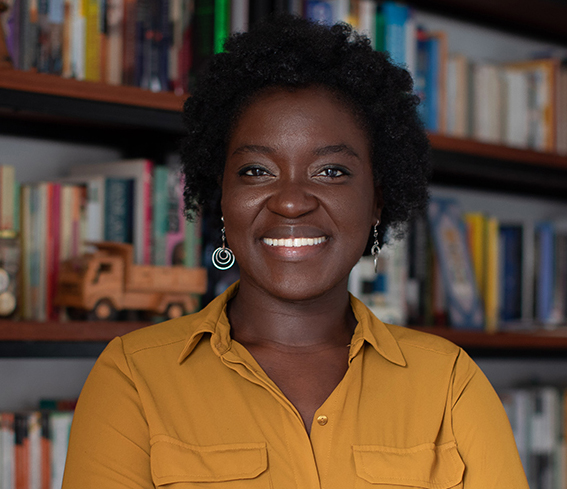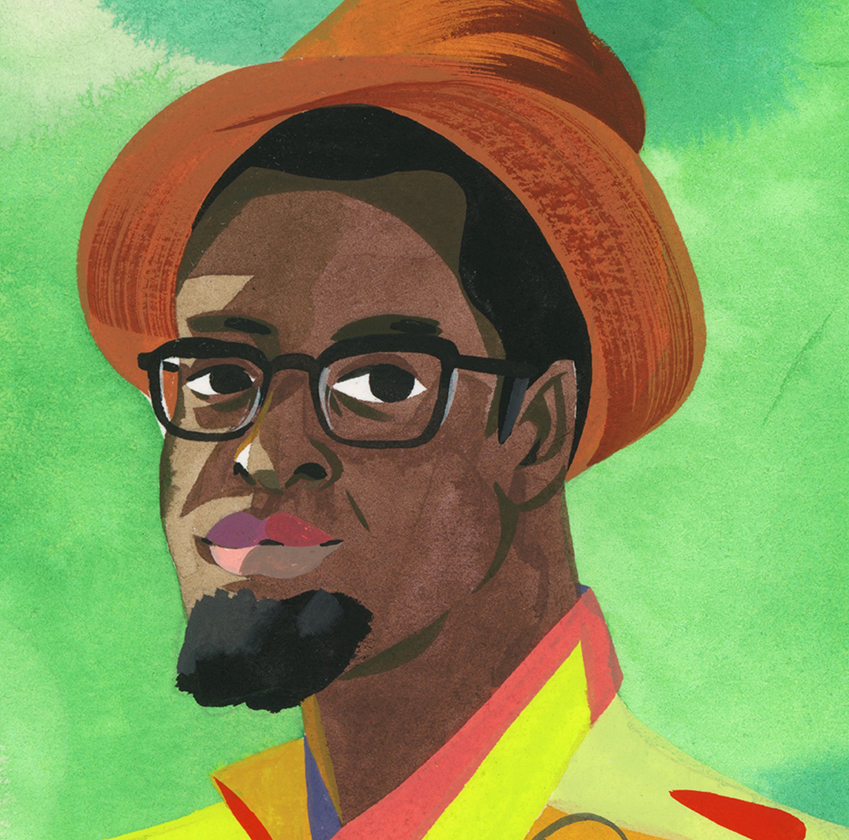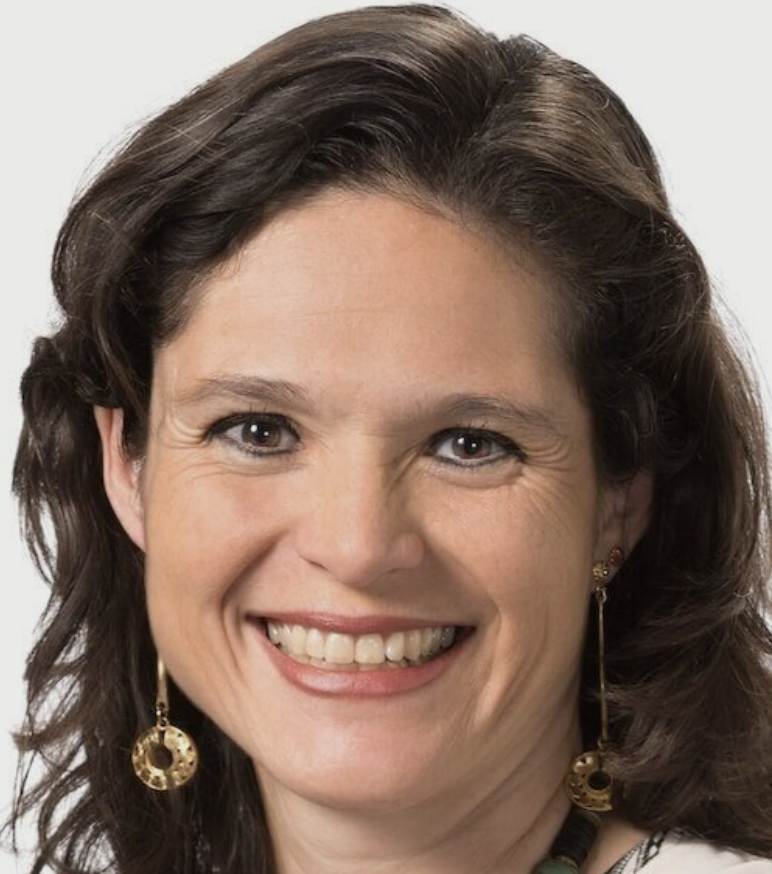event
Decolonizing Data, One Language at a Time.

March 28th, 2022 - 9:30 am to 11:00 am PT
Online event
At a time of growing anxiety about the ubiquity of digital technologies, the idea that we are witnessing the age of digital colonialism is gaining traction. In recent years, scholars, activists, and digital rights advocates have increasingly relied on the notion of coloniality to understand the societal impact of data-centric technologies, to discuss their harms, and to imagine liberating and empowering alternatives. Central to this area of research, design and advocacy is the question of languages. In this webinar, the speakers will explore why language gaps in digital technologies are so important to address; discuss many creative ways communities have been responding to this challenge; and reflect on what a decolonial perspective on languages and data means in practice.
This event is free and open to the public. Registration is required.


Nick Couldry is a sociologist of media and culture. He is Professor of Media Communications and Social Theory at the London School of Economics and Political Science, and from 2017 has been a Faculty Associate at Harvard’s Berkman Klein Center for Internet and Society. In fall 2018 he was also a Visiting Professor at MIT. He jointly led, with Clemencia Rodriguez, the chapter on media and communications in the 22 chapter 2018 report of the International Panel on social Progress: www.ipsp.org. He is the author or editor of fifteen books including The Mediated Construction of Reality (with Andreas Hepp, Polity, 2016), Media, Society, World: Social Theory and Digital Media Practice (Polity 2012) and Why Voice Matters (Sage 2010). His latest books are The Costs of Connection (co-authored with Ulises Mejias), Media: Why It Matters (Polity: 2019) and Media, Voice, Space and Power (Routledge 2020). nickcouldry.org.

Nanjala Nyabola is an independent writer and researcher based in Nairobi, Kenya. Her work focuses on the intersection between technology, media, and society. She holds a BA in African Studies and Political Science from the University of Birmingham, an MSc in African Studies and an MSc in Forced Migration, both from the University of Oxford, as well as a JD from Harvard Law School. She has held numerous research associate positions including with the Centre for International Governance Innovation (CIGI), the Overseas Development Institute (ODI), the Oxford Internet Institute (OII), and other institutions, while also working as a research lead for several projects on human rights broadly and digital rights specifically around the world. She has been published in several academic journals including the African Security Review and the Women’s Studies Quarterly, and contributed to numerous edited collections. Nanjala also writes commentary for publications like The Nation, Al Jazeera, The Boston Review and others. She is the author of Digital Democracy, Analogue Politics: How the Internet Era is Transforming Politics in Kenya (Zed Books, 2018) and Travelling While Black: Essays Inspired by a Life on the Move (Hurst Books, 2020).

Sabelo Mhlambi is a founder at Bantucracy and his work focuses on Decolonial AI and the use of African Indigenous Philosophy in shaping Ethical AI Policy and the production of Ethical AI in Sub-Saharan Africa.

Kathleen Siminyu is an AI Researcher who has focused on Natural Language Processing for African Languages. She works at Mozilla Foundation as a Machine Learning Fellow to support the development of a Kiswahili Common Voice dataset and to build speech transcription models for end use cases in the agricultural and financial domains. In this role, she is keen to ensure the diversity of Kiswahili speakers, in terms of age, gender, accent and language variant/dialect, is catered for in the dataset and models created. In her NLP research, Kathleen has previously worked on speech transcription for Luhya languages and contributed to machine translation for Kenyan languages as part of Masakhane. Before joining Mozilla, Kathleen was Regional Coordinator of AI4D Africa, where she worked with ML and AI communities in Africa to run various programs. She has vast experience as a community organiser having co-organised the Nairobi Women in Machine Learning and Data Science community for three years and continues to organise as part of the committees of the Deep Learning Indaba and the Masakhane Research Foundation.

Claudia Magallanes Blanco is Professor in the Department of Humanities at Universidad Iberoamericana in Puebla, Mexico. She holds a PhD in Humanities from University of Western Sydney, Australia. An academic and activist for social justice, she has been working with collectives and organizations concerned with community and indigenous communication for more than 15 years, as well as with contemporary social movements in Latin America. Together with Charlotte Ryan and Alice Mattoni, she is coeditor of the book series Media and Communication Activism: The Empowerment Practices of Social Movements edited by Routledge. She is co-author of the article Digital Inclusion Across the Americas and the Caribbean (“Social Inclusion” 2020: vol 8:2) and was a collaborator in the Chapture on Media and Communications edited by Nick Couldry and Clemencia Rodriguez in the report of the International Panel on Social Progress (www.ipsp.org). Her research and publishing interests include indigenous knowledges and technology, social movements and digital sociocultural networks, cognitive justice and data justice.
Speakers
- Nanjala Nyabola - Practitioner Fellow at Digital Civil Society Lab, Stanford Center on Philanthropy and Civil Society
- Sabelo Mhlambi - Practitioner Fellow at Digital Civil Society Lab, Stanford Center on Philanthropy and Civil Society
- Nick Couldry - Professor of Media, Communications and Social Theory, London School
- Kathleen Siminyu - AI Researcher, Mozilla Foundation
- Claudia Magallanes Blanco - Professor in the Department of Humanities at Universidad Iberoamericana in Puebla, Mexico
